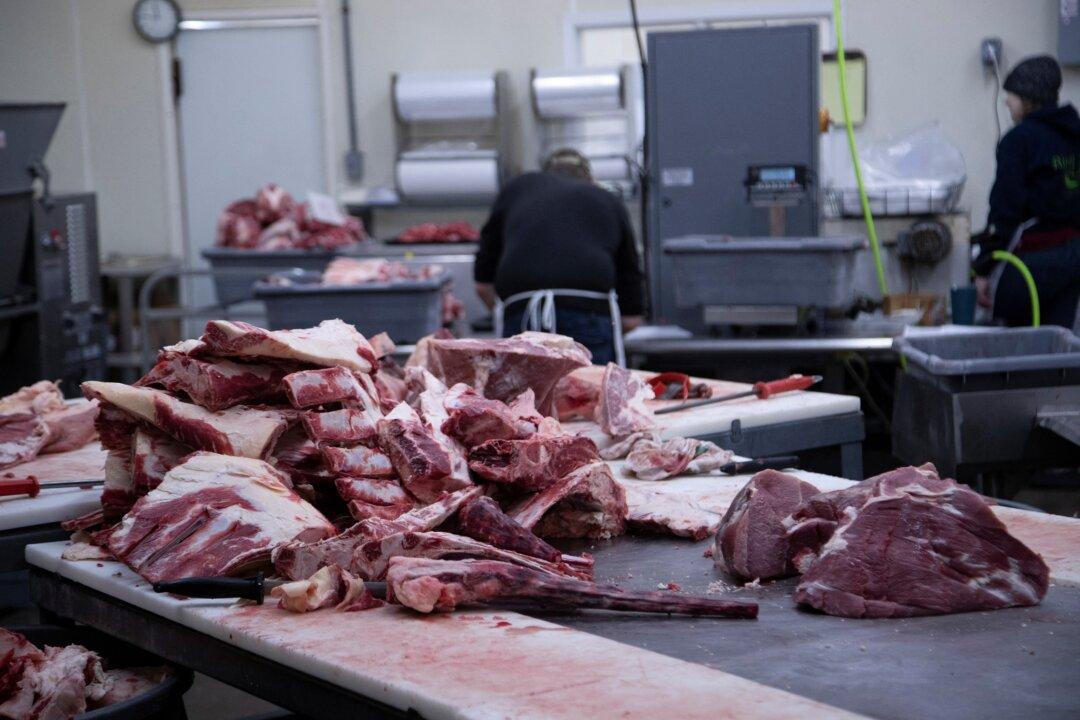CHICAGO—The U.S. Department of Agriculture said on Wednesday that some pork plants can apply to operate faster processing-line speeds under a one-year trial, after a federal judge ended a Trump-era rule that removed line speed limits in March.
Faster slaughtering would help meat companies like WH Group’s Smithfield Foods and JBS to increase pork production at a time of strong demand and high bacon prices.
The companies, and others like Hormel Foods Corp supplier Quality Pork Processors, are eligible to apply for the trial program because they were previously allowed to operate without speed limits under the 2019 rule struck down in March.
A federal judge invalidated the 2019 rule following a United Food and Commercial Workers (UFCW) Union lawsuit against the USDA over concerns about worker safety.
During the new trial program, plants would implement worker safety measures included in an agreement with their workers’ union or worker safety committee, the USDA said.
Plants will collect data on how line speeds affect workers that will be shared with the U.S. Occupational Safety and Health Administration, the USDA said.
The data could be used to make future rules for the industry, the USDA said.
“The trial will facilitate experimentation with different ergonomics, automation, and crewing to design custom work environments that increase productivity and protect food safety while decreasing the probability of worker injuries,” the USDA said.
Futures traders said the pilot program boosted Chicago Mercantile Exchange lean hog futures amid concerns that slower processing speeds had reduced meatpackers’ demand for pigs to slaughter.
December lean hogs were up 0.825 percent at 75.775 cents per pound.
The pork industry has lost 2.5 percent of its slaughtering capacity following the March court decision, the National Pork Producers Council said.





